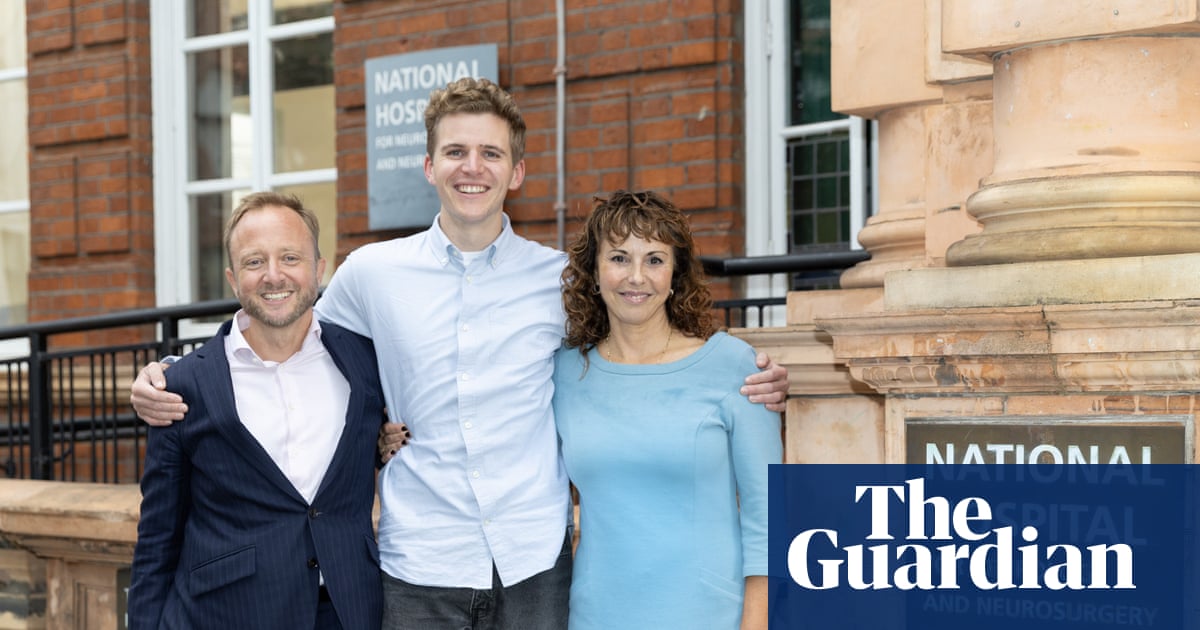
"Huntington's disease, a devastating degenerative illness that runs in families, has been treated successfully for the first time in a breakthrough gene therapy trial. The disease, caused by a single gene defect, steadily kills brain cells leading to dementia, paralysis and ultimately death. Those with a parent with Huntington's have a 50% chance of developing the disease, which until now has been incurable."
"The gene therapy slowed the progress of the disease by 75% in patients after three years. We now have a treatment for one of the world's more terrible diseases, said Prof Sarah Tabrizi, the director of University College London's Huntington's Disease Centre who led the trial. This is absolutely huge. I'm really overjoyed. The drug, which inactivates the mutant protein that causes Huntington's, is delivered to the brain in a single shot during a 12- to 20-hour surgical procedure, meaning that it will be expensive."
"The first symptoms, which typically appear in your 30s or 40s, include mood swings, anger and depression. Later patients develop uncontrolled jerky movements, dementia and ultimately paralysis, with some people dying within a decade of diagnosis. Tabrizi said, with treatment, people will be able to work and live independently for significantly longer and the dramatic impact of the treatment raises the possibility that the therapy could prevent symptoms occurring if given at an earlier stage."
Huntington's disease is a hereditary single-gene neurodegenerative disorder that progressively kills brain cells, causing mood changes, dementia, uncontrolled movements, paralysis and death. A gene therapy that inactivates the mutant protein slowed disease progression by 75% over three years. The treatment is delivered to the brain in a single dose during a 12- to 20-hour surgical procedure and is likely to be expensive. Treated individuals can remain independent and able to work for significantly longer, and earlier administration could potentially prevent symptoms. In the UK there are an estimated 6,000–10,000 people with Huntington's and at least 20,000 gene carriers, with only about one fifth choosing testing.
Read at www.theguardian.com
Unable to calculate read time
Collection
[
|
...
]